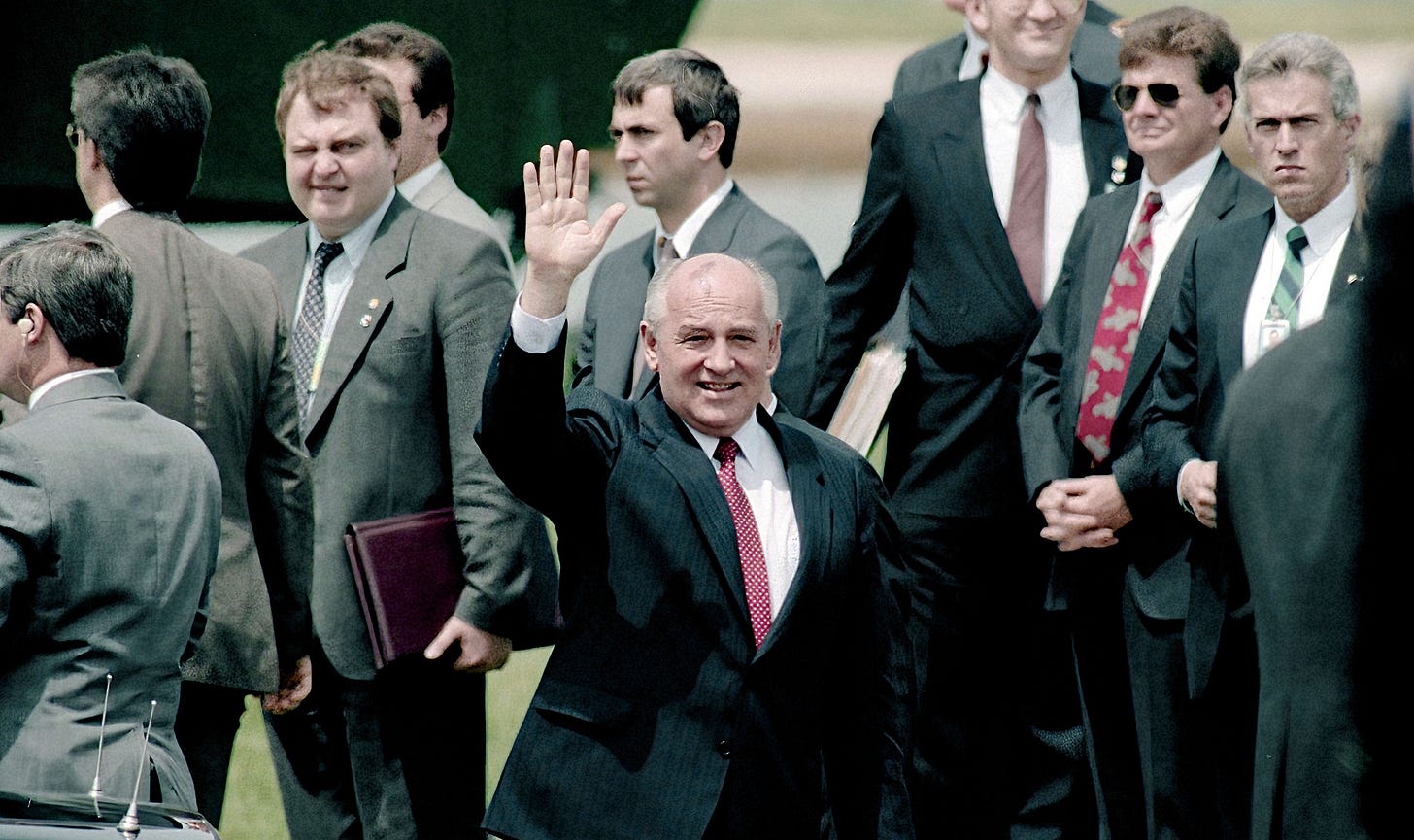Mikhail Gorbachev’s passing at the end of August has revealed conflicting ideas about how the Soviet Union’s last leader should be remembered. On the one hand, President Joe Biden lauded Gorbachev as “a man of remarkable vision” who “embraced democratic reforms,” and French President Emmanuel Macron praised his “choices that opened up a path of liberty …
Keep reading with a 7-day free trial
Subscribe to The Objective Standard to keep reading this post and get 7 days of free access to the full post archives.


